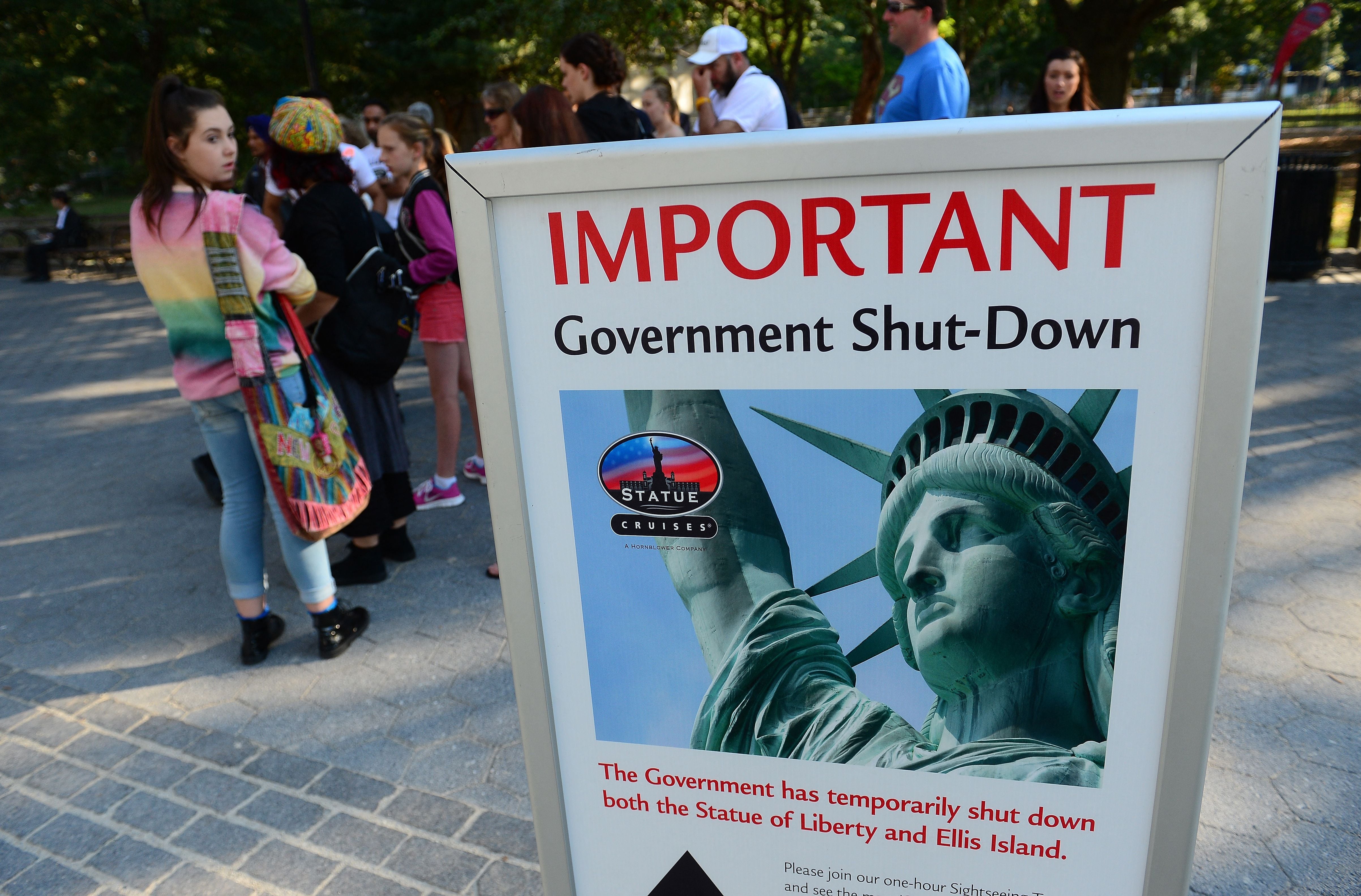WASHINGTON ― A former Australian prime minister said Friday he thinks China could “soon” invade Taiwan or otherwise escalate the situation and that the West should now be planning its military and economic response.
“I think we need to be prepared to think the unthinkable,” former Prime Minister Tony Abbott said at a Wilson Center event here.
“I think it’s highly possible that at some point in time, perhaps quite soon, China might up the ante, either with a blockade of the so-called rebel province ― to teach the Taiwanese that they ... need to make some kind of an accommodation with Beijing ― or perhaps even a full-scale invasion,” he added.
Abbott earlier this month made geopolitical waves when he accused China of being a bully and expressed enthusiastic support for Taiwan while visiting the democratically ruled island.
China, which claims Taiwan as its own territory, has stepped up military harassment of the island by flying fighter jets toward Taiwan ― a trend Abbott said he expects to “get more intense.”
Abbott sees Chinese leader Xi Jinping as emboldened by the West’s mild reaction to China’s takeover of Hong Kong. Unlike Hong Kong, Taiwan would offer military resistance, but it would still need outside backing, he said.
“In the absence of support from others, the Taiwanese might regard it as an unequal and ultimately hopeless struggle. And that’s why I think it’s important for Taiwan’s fellow democracies to provide all the solidarity that we can,” Abbott said.
RELATED

U.S. President Joe Biden set off alarm bells in Beijing early this month by saying the U.S. has a firm commitment to help Taiwan defend itself in the event of a Chinese attack. Though the White House later played down the remarks, Abbott said he was “encouraged” by Biden’s comments and that there’s more broadly been a “rhetorical escalation” from the West.
Abbott’s appearance came weeks after the unveiling of a U.S.-British deal to supply nuclear-powered submarines to Australia, which supplanted a prior French deal to supply Australia with its own submarines.
On Friday, Abbott reiterated his calls for Australia to take over one or more retiring U.S. Los Angeles-class or U.K. Trafalgar-class submarines soon because the new nuclear-powered subs won’t arrive for years. The nuclear-powered submarines he’s proposing for the interim would augment the Collins-class submarines in Australia’s inventory, he said.
“We need better, bigger, faster more wide-ranging submarines not in two decades time but now,” he said, adding that “the challenges are pressing, the peril is not far off.”
Both the U.K. and France have dispatched carrier groups to the region, and the Royal Navy’s Astute submarine was on a port call to Perth on Friday. Abbott said he hopes the U.K. will send more naval assets and use Singapore’s facilities, as the U.S. Navy does.
“I think it’s very important for Britain and France, which have long had a Pacific presence, to increase that Pacific presence, given that east Asia is probably now the most strategically important part of the world,” he said.
Abbott also called for enhanced intelligence sharing with Japan, saying it could be a “powerful addition” to the Five Eyes intelligence arrangement.
U.S. military officials have called China the “pacing challenge.” On Thursday, Vice Chairman of the Joint Chiefs of Staff, Gen. John Hyten said the rate at which China’s military is developing capabilities is “stunning,” while U.S. development suffers from “brutal” bureaucracy.
In spite of a Biden administration defense budget that prioritizes technology development, Abbott said “the gap is likely to get wider, not smaller in the years to come.
“Is the U.S. increasing its capabilities at the same rate as China is? I think the short answer is no,” he said.
Joe Gould was the senior Pentagon reporter for Defense News, covering the intersection of national security policy, politics and the defense industry. He had previously served as Congress reporter.





